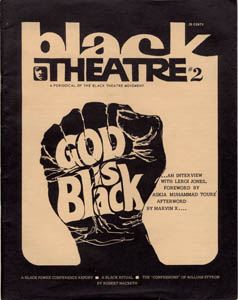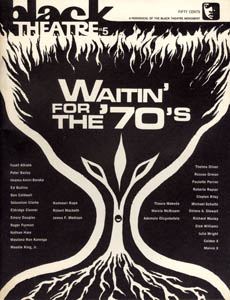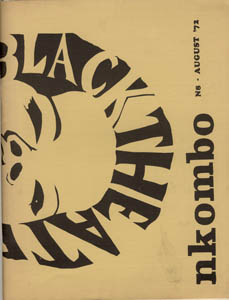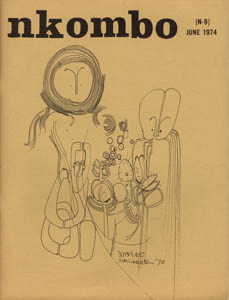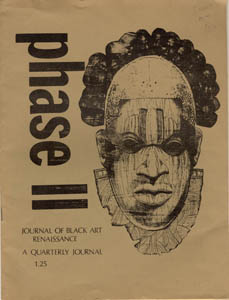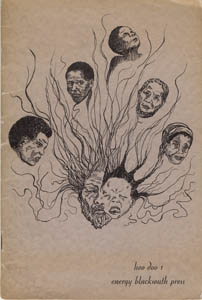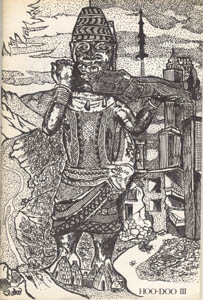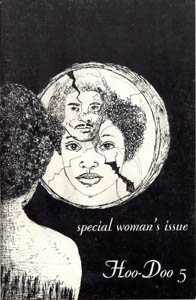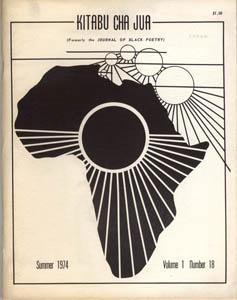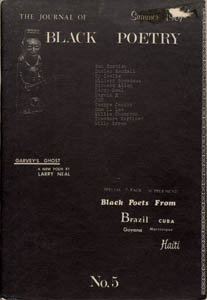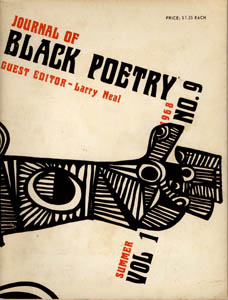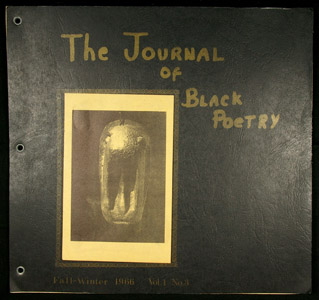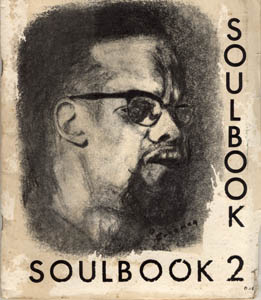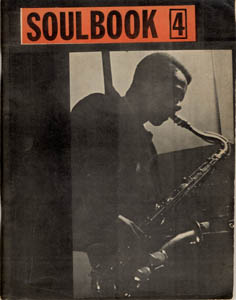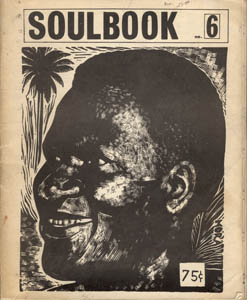

Although we are unable to show his images online here, no painter has more exhaustively documented the history and struggles of African American experience than Jacob Lawrence (1917–2000) has. Born in Atlantic City, New Jersey, Lawrence attended classes at the Harlem Art Workshop where he studied with Augusta Savage and Charles Alston. Working in the vibrant style of the greatest storytellers, Lawrence painted images of the Haitian patriot and martyr Toussaint L’Ouverture and the abolitionist John Brown, as well as those of Frederick Douglass and Harriet Tubman. Similarly, Lawrence produced pictorial narratives on the Great Migration of southern blacks to the northern states, the colorful life of Harlem, episodes in the Civil Rights Movement, and (in The Builders) the dignity of labor and craftsmanship. Lawrence was an instructor at the Skowhegan School of Painting and Sculpture and the Pratt Institute, and concluded his teaching career as a full professor at the University of Washington. Lawrence was the recipient of many awards, including the Spingarn Medal presented by the NAACP in 1970 and the National Medal of Arts in 1990. Major retrospectives of his work appeared at the Brooklyn Museum of Art in 1960, the Whitney Museum of American Arts in 1974, and the Seattle Art Museum in 1986. In 2001, a posthumous retrospective was held at the Phillips Collection in Washington, D.C.
Born in Valhalla, New York, in 1914, the cartoonist Oliver W. Harrington was the creator of Dark Laughter, the first black single-panel comic strip to receive national recognition. Hired as a temporary cartoonist for the Amsterdam News in New York City, Harrington quickly catapulted his soulful character Bootsie into Harlem celebrity. Besieged by problems not so different from those of any impoverished urbanite, Bootsie is the wryly observant victim of girlfriends, landladies, and a casually racist American society. Bootsie survived for more than twenty years in the pages of the Pittsburgh Courier, then America’s largest African American newspaper. As Harrington stepped up criticism concerning government apathy about enforcing legislation against lynching, he caught the attention of the F.B.I. during the McCarthy era, and in 1950, left the country to join fellow expatriates Chester Himes and Richard Wright in Paris. A collection of Harrington’s periodical appearances, Why I Left America, and Other Essays, was published in 1993 under the editorship of Thomas Inge. That same year, a selection of his best cartoons, Dark Laughter: Satiric Art of Oliver W. Harrington from the Walter O. Evans Collection of African-American Art, was published by the University Press of Mississippi. Harrington died in Berlin, Germany, in 1995.
The two black-and-white cartoons above appeared in the Daily World between 1969 and 1972 and were published in a portfolio called Soul Shots: Political Cartoons (New York: Long View, 1972?) to honor Harrington’s sixtieth birthday.
